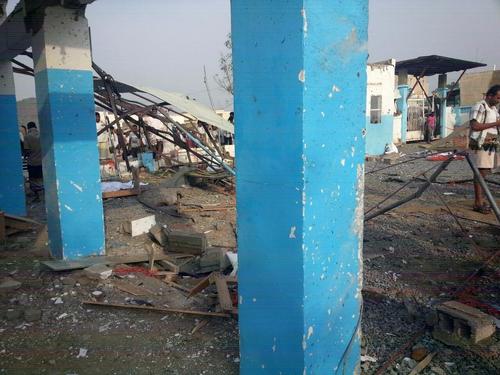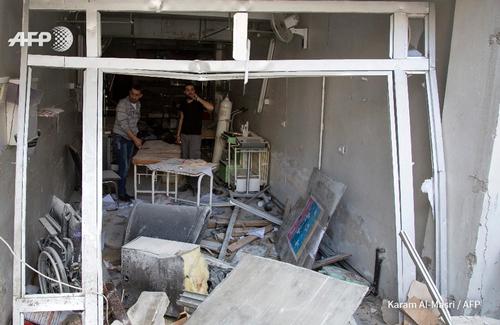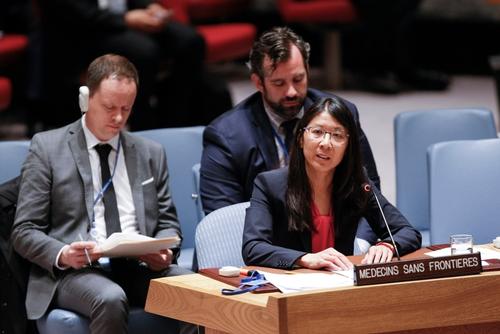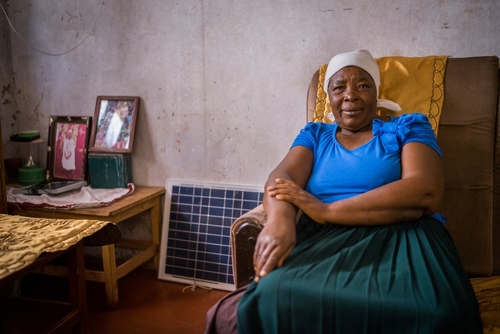Excellencies, Ladies and Gentlemen:
Last week the world witnessed a savage attack on a United Nations and Syrian Red Crescent humanitarian convoy, and on a hospital near Aleppo.
Secretary General Ban Ki Moon said: “Just when we think it cannot get any worse, the bar of depravity sinks lower.”
Indeed, it does.
The conduct of war today knows no limits. It is a race to the bottom. The unrelenting assault on Aleppo by Russian and Syrian forces over recent days – with no evacuations possible, and bodies lying unburied – testifies to that.
On the third of May, this council unanimously passed Resolution 2286.
You, the Council Members, pledged to protect civilians and the medical services they need to survive.
You passed the resolution in the wake of the obliteration of Al Quds Hospital, in Aleppo by the Syrian government and its allies. It was just the latest in a staggering number of such attacks.
Five months later, the resolution has plainly failed to change anything on the ground.
This failure reflects a lack of political will - among member states fighting in coalitions, and those who enable them.
There can be no more waiting.
Make your pledges operational.
Since this resolution passed, MSF alone has experienced more horrific attacks.
In early August, our hospital in Abs, Yemen was destroyed in a Saudi-led coalition airstrike. Nineteen people were killed, among them patients and health workers.
The GPS coordinates of this fully functioning hospital had been shared with belligerents, including the Saudi military.
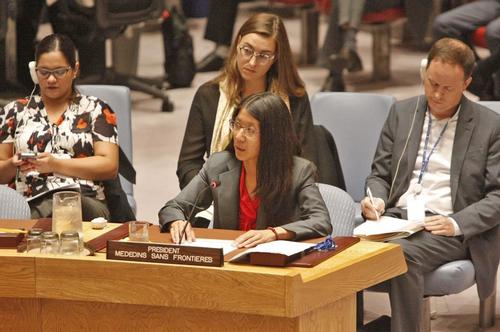
It did not matter.
It was the fourth such attack against MSF facilities in Yemen in less than one year – killing 32 people and injuring 51 in total. Our team had to withdraw from the north of Yemen, leaving scores behind with reduced medical care. Which Saudi carpet bombing then further reduced. The Saudi-led coalition and its opponents are so negligent, their rules of engagement so loose, that this war truly stands apart.
Many attacks are brushed off as mistakes, committed in the fog of war.
We reject the word “mistake.”
In Syria, the attacks never stop. Doctors in Aleppo pull their weakest patients off ventilators, so someone else gets a chance. But ventilators are made for the weakest cases. This is desperate, desperate medicine.
Besieged, our Syrian colleagues are there for the duration. They will die there, they tell us, with their patients. When it’s their turn.
We deplore the lack of control over hostilities. This free-for-all is a choice. There is a method in the madness.
In both Yemen and Syria, four of the five permanent members of this council are implicated in these attacks.
In an age when counter-terrorism shapes war, a license to kill has been issued.
We call on you all—again—to revoke this license.
Revoke it, whether or not your enemies are receiving the medical care that you attack.
Because throwing medical impartiality to the wind is also becoming a new norm of warfare. Military action and humanitarian needs must be balanced.
Attacking hospitals and medical workers is a non-negotiable red line. As such, it must be set out – in clear and simple terms - in all military manuals, rules of engagement and standard operating procedures.
Too often, unverified intelligence, or opaque claims that a hospital is a quote “command and control center,” is justification enough for an attack.
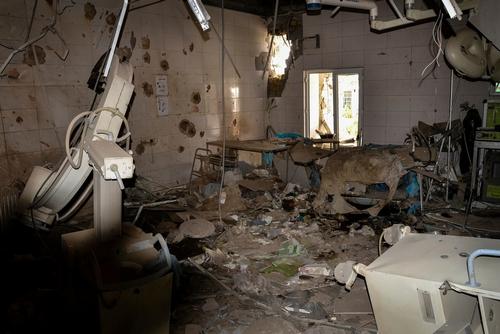
To stop this, there must be accountability.
There must be credible investigations.
And not just by the perpetrators.
I deliver this message almost one year to the day that United States forces destroyed MSF’s hospital in Kunduz, Afghanistan. We are still waiting for an independent investigation into how 42 patients, hospital staff and caregivers were killed while simply receiving and providing medical care.
We appeal to you to immediately endorse and implement the Secretary General’s recommendations - in particular the call for independent and effective investigations.
We also urgently request: that the Secretary General appoint a special representative mandated to document and report attacks on medical facilities, health personnel, and patients.
Impunity must end. Only political pressure and accountability will bring this about.
In short, make your resolution operational.
Stop bombing hospitals.
Stop bombing health workers.
Stop bombing patients.
Thank you.



